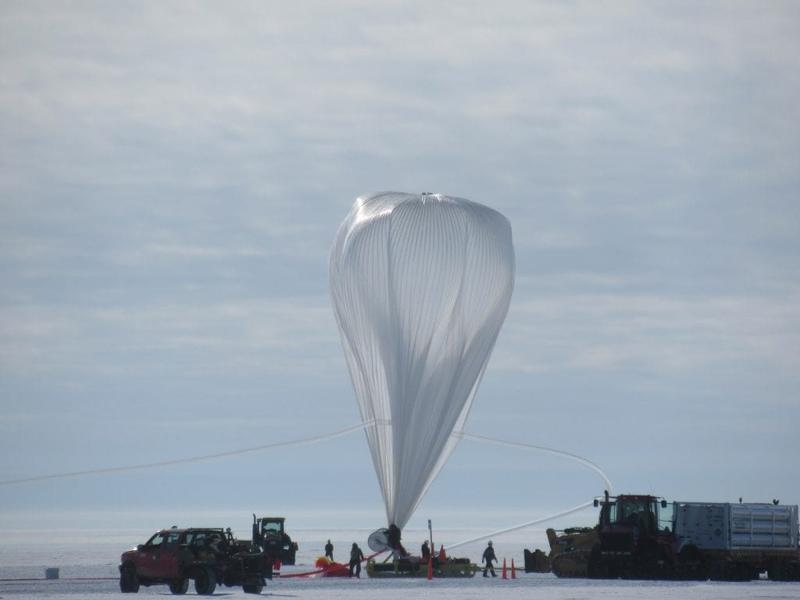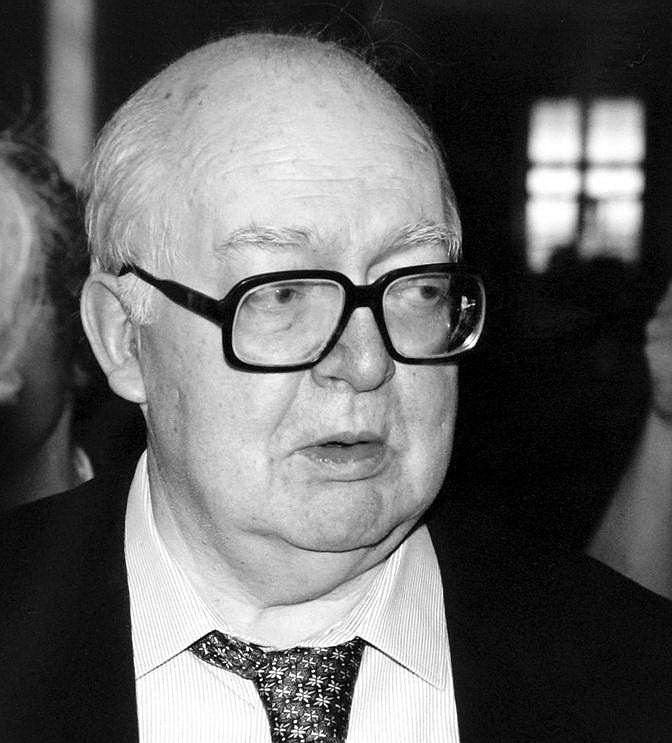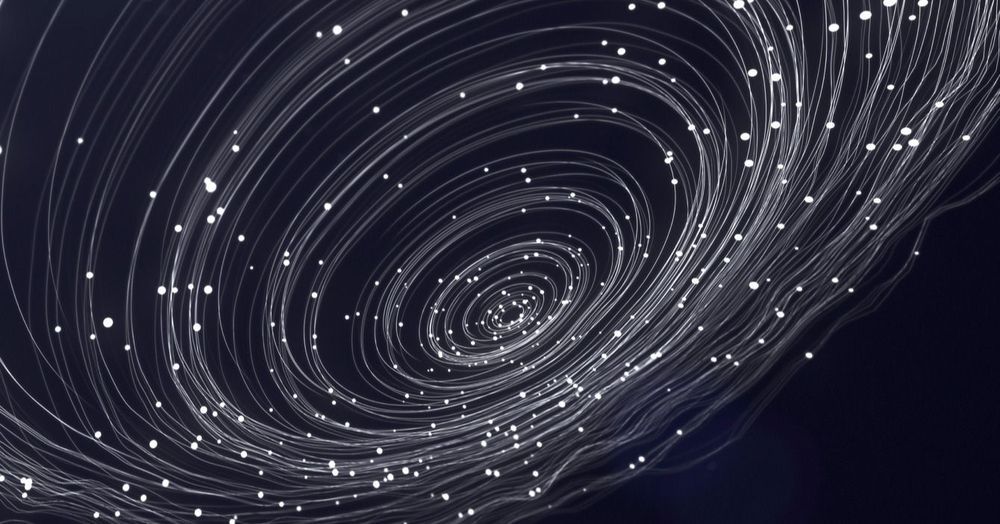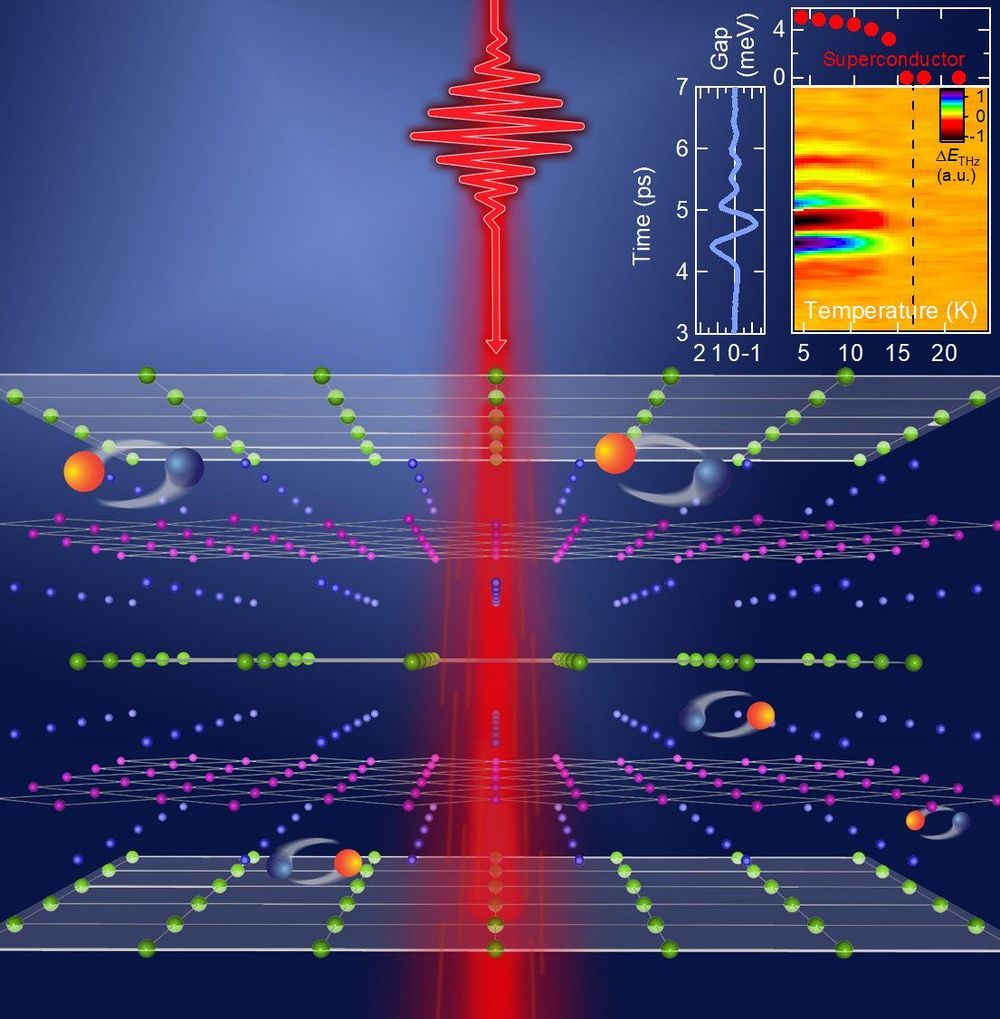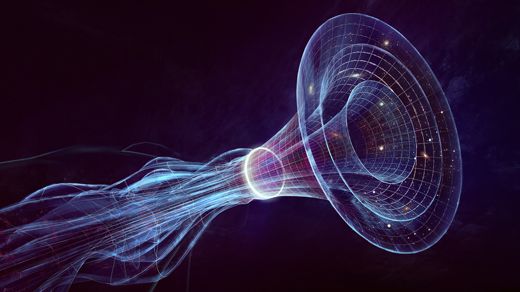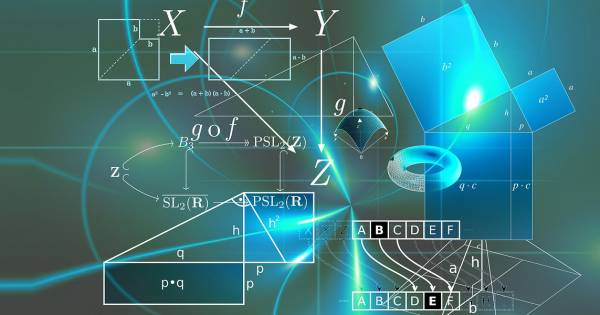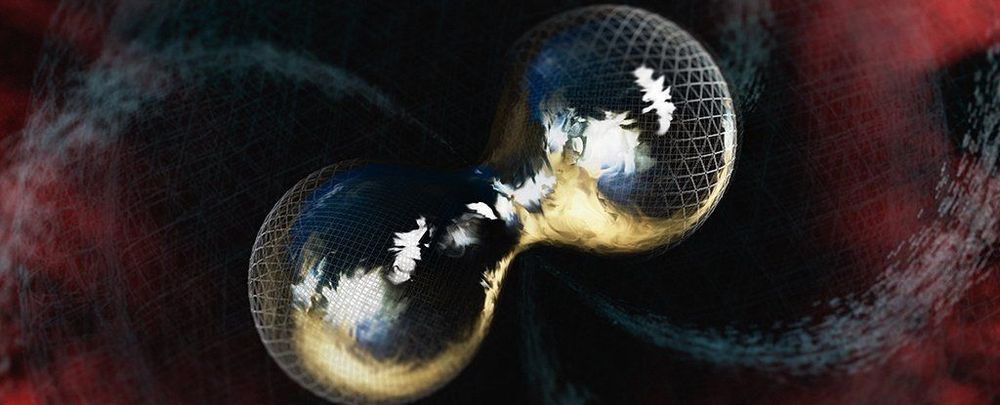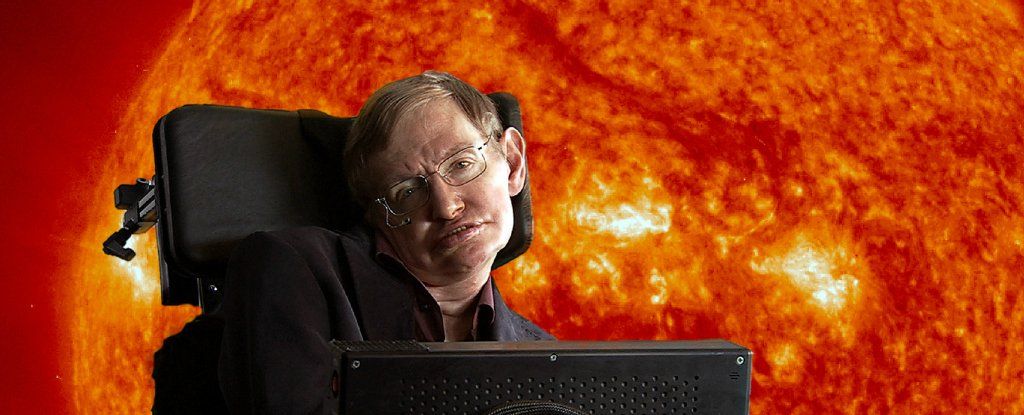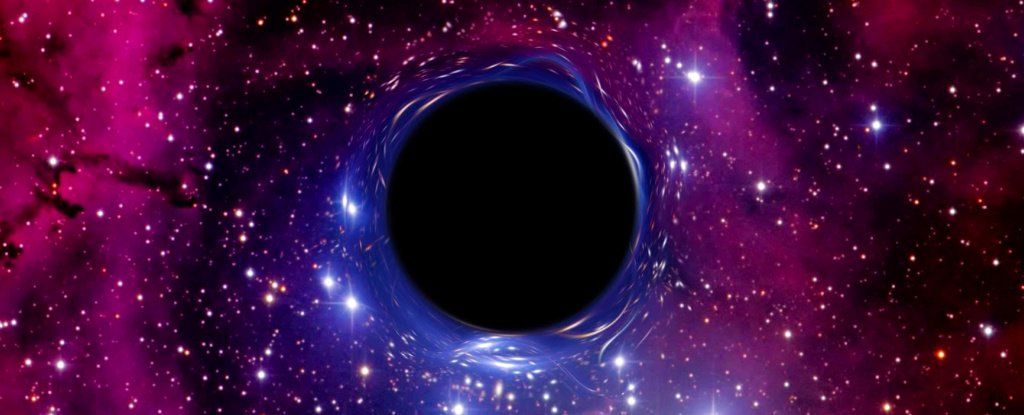On January 5, 1921, Swiss author and dramatist Friedrich Dürrenmatt was born. Dürrenmatt was a proponent of epic theatre whose plays reflected the recent experiences of World War II. The politically active author ‘s work included avant-garde dramas, philosophical crime novels, and macabre satire. Especially his play “The Physicists” ( 1961 ) deals with questions of scientific ethics and humanity ‘s ability to handle its intellectual responsibilities.
“A story is not finished, until it has taken the worst turn.” (Friedrich Dürrenmatt)
Friedrich Dürrenmatt was born in Konolfingen, a small town about thirteen miles from Bern in the Emmental in Switzerland, the son of a Protestant pastor. The family moved to Bern in 1935. Dürrenmatt began studies in philosophy, German language and literature at the University of Zurich in 1941, but moved to the University of Bern after one semester. It was here that he first became interested in playwriting after becoming a regular patron of the operettas. Among his favorite playwrights were Aristophanes and Thornton Wilder.[3] In December 1943 he was on the point of transferring from the University of Zürich to the University of Bern, where he intended to write a doctoral dissertation on “Kierkegaard and the Tragic ”, when he suddenly decided to turn to writing as a career and dropped his academic career. In 1945–46, he wrote his first play It is Written, which premiered to great controversy.
Read more

